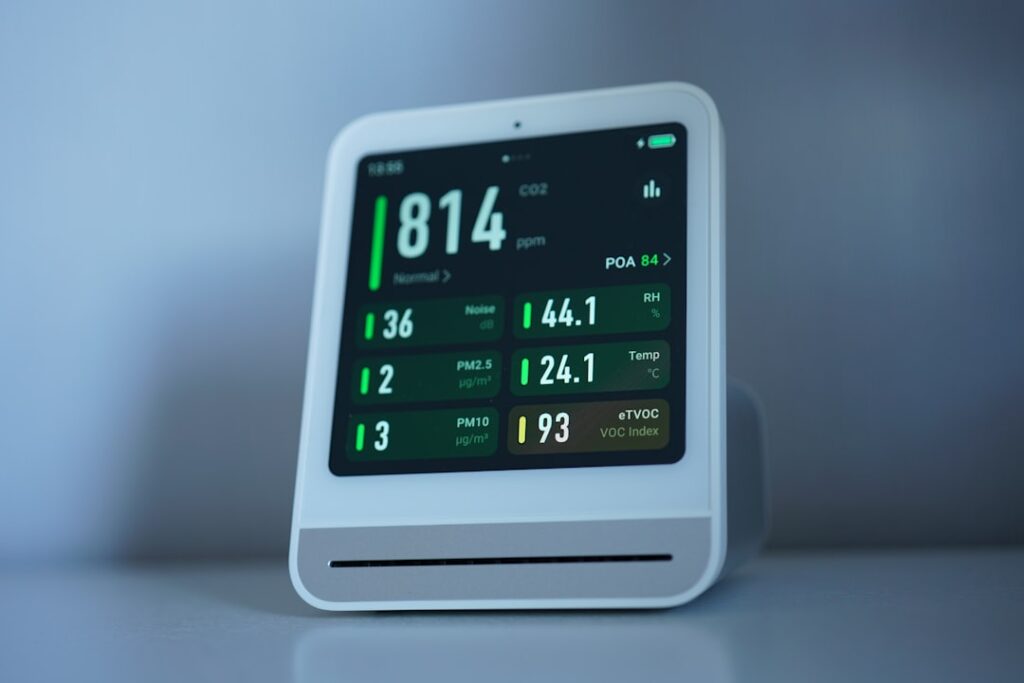AI Tools for Healthcare: Transforming the Future of Medicine
The integration of AI in HealthTech applications is revolutionizing the healthcare industry. From streamlining administrative tasks to enhancing patient care, these advanced technologies are making significant strides in improving efficiency and outcomes. This article delves into the various AI tools available in healthcare, their applications, benefits, and future potential.
Understanding AI in HealthTech Applications
AI tools in healthcare refer to the use of algorithms and software to analyze complex medical data. These tools assist in diagnosing diseases, managing patient records, and even developing treatment plans. With the growing demand for personalized medicine, AI is becoming an indispensable part of modern healthcare systems.
Types of AI Tools in Healthcare
- Machine Learning: Enables algorithms to learn from data patterns, improving diagnostic accuracy.
- Natural Language Processing (NLP): Facilitates easier communication between patients and healthcare systems by analyzing unstructured data.
- Robotics: Enhances surgical precision and assists in rehabilitation.
- Predictive Analytics: Uses historical data to forecast patient outcomes and optimize treatments.
Key Applications of AI in HealthTech
The implementation of AI tools in healthcare is multifaceted, impacting different areas that enhance patient experiences and healthcare provider efficiency.
Improving Diagnostic Accuracy
One of the most significant applications of AI in HealthTech is in diagnostic processes. AI algorithms can analyze imaging data, such as MRI or CT scans, with remarkable accuracy, often outperforming human radiologists. For example, AI systems can detect tumors earlier and more reliably, leading to better treatment strategies.
Streamlining Administrative Tasks
Healthcare systems are often burdened with administrative tasks that detract from patient care. AI in HealthTech applications helps automate these processes, allowing healthcare providers more time to focus on patients. Tools such as chatbots can handle appointment scheduling, billing inquiries, and patient follow-ups, significantly reducing administrative overhead.
Benefits of AI Tools in Healthcare
The advantages of integrating AI into healthcare systems are plentiful and include:
- Increased Efficiency: Patients receive faster diagnoses and streamlined care processes, minimizing wait times.
- Cost Reduction: By optimizing operations and reducing errors, AI can lower overall healthcare costs.
- Personalized Treatment Plans: AI enables healthcare providers to tailor treatments to individual patients based on comprehensive data analysis.
- Enhanced Patient Engagement: AI tools foster better communication and engagement strategies with patients, leading to improved health outcomes.
Challenges in Implementing AI Tools
Despite its numerous advantages, the integration of AI in HealthTech applications is not without challenges. Some of the key issues include:
Data Privacy Concerns
The use of sensitive patient data for training AI models raises significant privacy concerns. Ensuring that patient information is secure while utilizing it for AI learning is critical.
High Initial Costs
While AI can lead to long-term savings, the initial investment in technology and infrastructure can be substantial, making it challenging for smaller healthcare facilities to adopt.
The Future of AI in Healthcare
The future of AI tools in healthcare appears promising. As technology continues to evolve, we can expect AI to play an even more central role in the healthcare system. Innovations in deep learning and AI models will lead to improved diagnostic tools, personalized treatments, and possibly even early disease detection.
Continuing Research and Development
Investments in research and development are crucial to overcoming the current challenges and unlocking the full potential of AI in HealthTech applications. Continued collaboration between healthcare professionals and AI experts will be essential for creating effective solutions that prioritize patient care.
Conclusion
In conclusion, AI tools for healthcare are set to transform the landscape of medicine, with applications that enhance diagnostic accuracy, streamline administrative tasks, and personalize patient care. Despite the challenges that come with implementing these technologies, the benefits of AI in HealthTech applications far outweigh the drawbacks, paving the way for a future where healthcare becomes more efficient, effective, and patient-centered.
The Evolution of AI in HealthTech Applications
The rapid advancements in technology have ushered in a new era for the healthcare industry. AI in HealthTech applications have evolved from simple data management tools to complex systems capable of making predictions and recommendations that significantly enhance patient care. Machine learning algorithms, for instance, are now used to analyze vast amounts of healthcare data, enabling providers to identify trends and improve outcomes.
Predictive Analytics in Patient Care
One of the most impactful uses of AI in HealthTech applications is in predictive analytics. This technology allows healthcare professionals to foresee potential health issues in patients before they become more serious. By analyzing historical data and patient records, AI systems can identify patterns that indicate high-risk factors for diseases, enabling timely interventions that can save lives and reduce costs.
Transforming Clinical Workflow with AI
AI in HealthTech applications also plays a crucial role in transforming clinical workflows. Automation of routine tasks such as scheduling appointments, managing patient communications, and processing billing can free up significant time for healthcare providers. This allows them to focus more on patient interaction and personalized care, thereby enhancing the overall healthcare experience.
AI-Driven Decision Support Systems
Additionally, AI-driven decision support systems are becoming increasingly prevalent. These systems assist clinicians in making informed decisions by providing evidence-based recommendations tailored to individual patients. With the help of AI, healthcare practitioners can access the latest medical research and guidelines promptly, ensuring that their treatment plans are not only effective but also aligned with current best practices.


